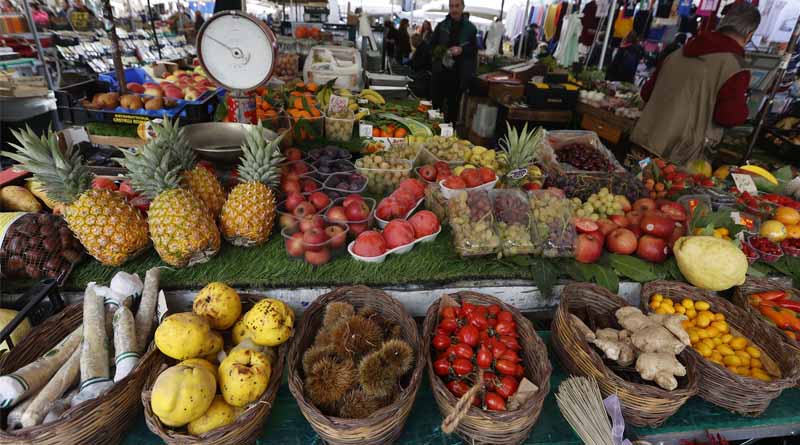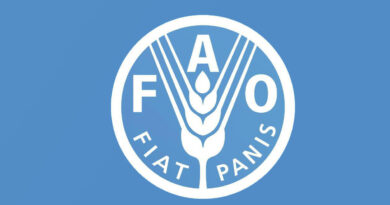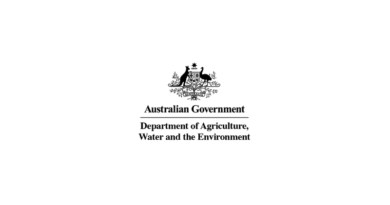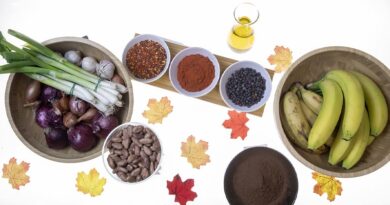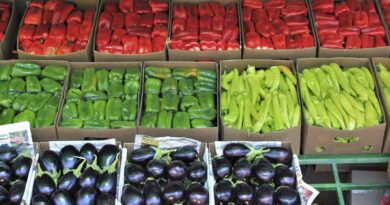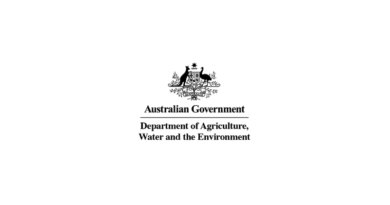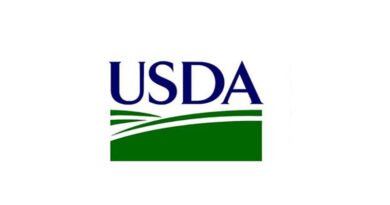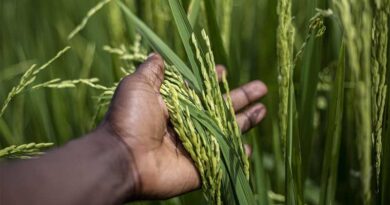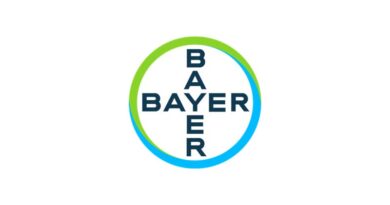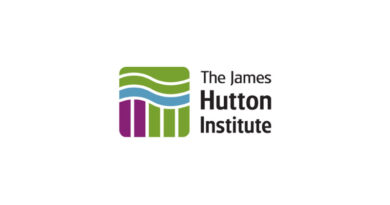FAO-WHO 46th session of the Codex Alimentarius Commission adopts new standards
28 November 2023, Rome: The United Nations food standards body, the Codex Alimentarius Commission, is meeting on 27 November to 2 December 2023 to adopt food safety and quality standards.
Charged with protecting consumer health and ensuring fair practices in the food trade, the Codex Alimentarius Commission is a joint initiative of the Food and Agriculture Organization of the United Nations (FAO) and the World Health Organization (WHO).
Brief descriptions of some of the standards adopted at the 46th session of the Commission will be published below as they are approved.
For more information on the session, visit the CAC46 information page.
Guidelines for the Control of Shiga Toxin-Producing Escherichia coli (STEC) in Raw Beef, Fresh Leafy Vegetables, Raw Milk and Raw Milk Cheeses, and Sprouts
ADOPTED- 27.11.2023
Shiga toxin-producing Escherichia coli (STEC) are foodborne pathogens which cause human illnesses. They are associated with a variety of food commodities, with beef, dairy products and leafy vegetables and sprouts high on the list. These Guidelines will help risk managers and food business operators in their efforts to reduce foodborne disease by providing science-based advice and a practical guidance on the control of STEC in raw beef, raw milk and raw milk cheeses. Further work on the control of STEC in fresh leafy vegetables and sprouts is under development.
Guidelines for the Safe Use and Reuse of Water in Food Production and Processing
ADOPTED- 27.11.2023
Water is a dwindling resource worldwide and not all food producers and processors have access to safe water sources. But water is needed in all areas of food production, from the field or farm right up to consumption. When it is contaminated, water can carry microbes that cause illness to consumers. These guidelines give advice on the types of water that are suitable for different areas of food production and processing. They advise on a risk-based approach to safe water sourcing so food producers, processors and handlers can reduce and manage hazards associated with water in food production.
Also Read: CO2-free hydrogen: BASF receives funding approval for 54-megawatt water electrolysis plant
(For Latest Agriculture News & Updates, follow Krishak Jagat on Google News)

